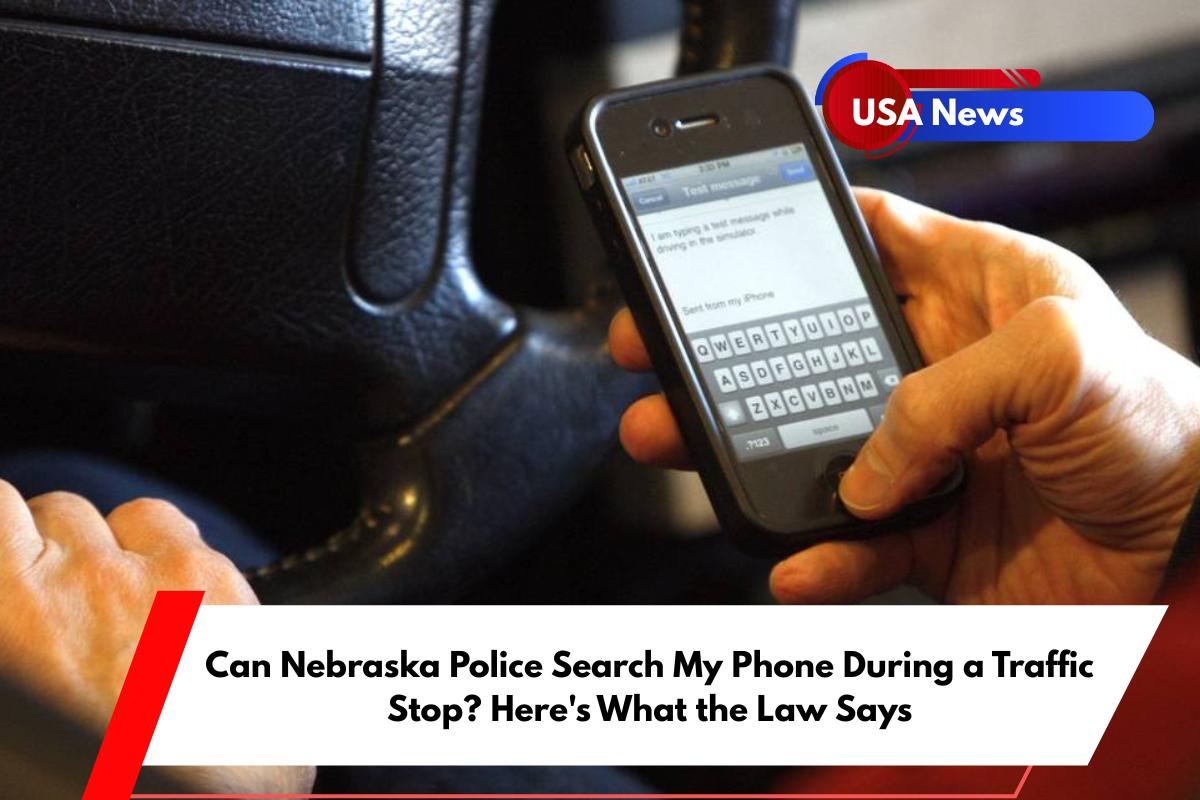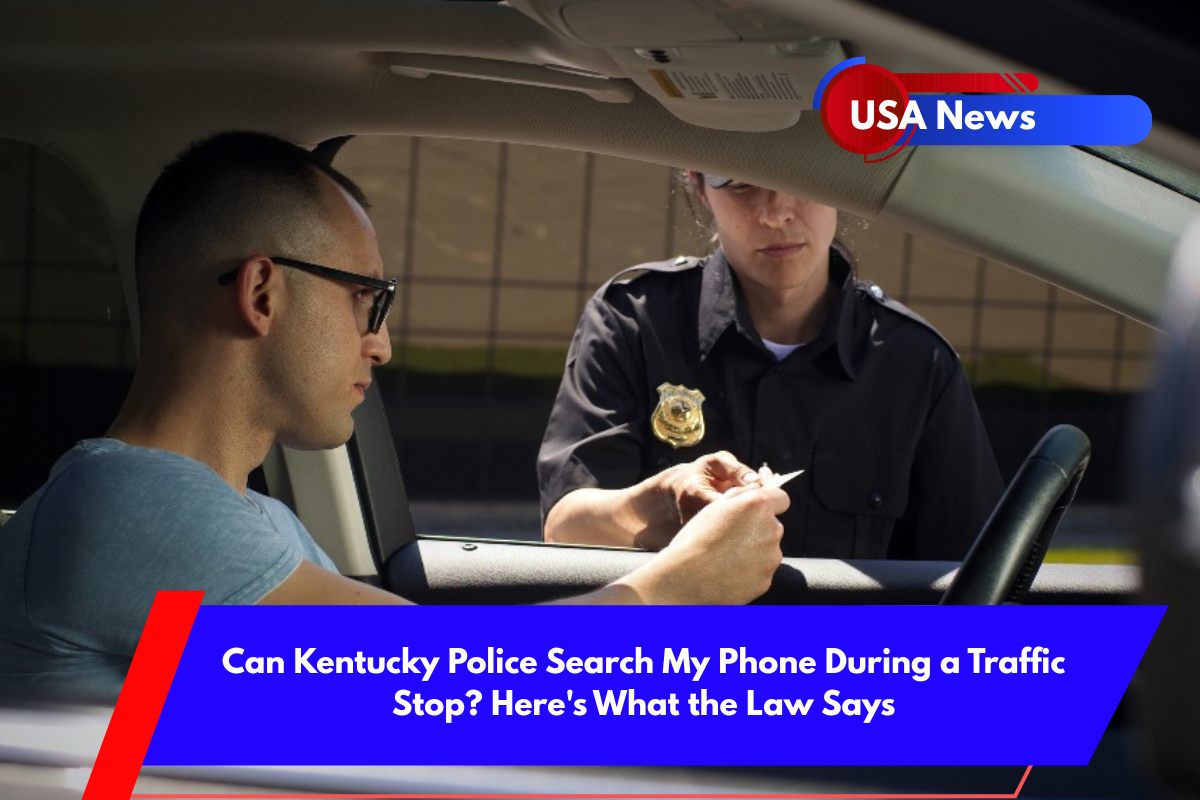In Nebraska, your phone is generally protected from being searched by police during a traffic stop unless certain conditions are met. This protection is rooted in both the Fourth Amendment of the U.S. Constitution and the Nebraska Constitution, which safeguard your right against unreasonable searches and seizures.
While police may seize your phone during an arrest, they usually cannot search its contents without your consent or a valid search warrant. Understanding when and how police can search your phone during a traffic stop is important to protecting your rights.
When Can Police Search Your Phone?
1. With a Warrant
Police need a valid search warrant, supported by probable cause, to search the contents of your phone. This applies to accessing texts, emails, photos, and other data stored on the device. The warrant must specify the phone as the target of the search, and the police must have a solid reason to believe the phone contains evidence of a crime.
2. With Your Consent
If you voluntarily give consent to the police, they can search your phone without a warrant. However, you have the right to refuse to consent to the search, and your refusal cannot be used against you. It’s important to clearly communicate that you do not consent if you do not wish for your phone to be searched.
3. Incident to Arrest
If you are arrested, police may seize your phone. However, they still need a warrant to search the phone’s contents unless you provide consent. This means that while the police can take your phone for safekeeping or evidence preservation, they cannot access its data without proper legal authorization.
4. Exigent Circumstances
In rare cases, police may temporarily seize your phone if there is an immediate threat (e.g., destruction of evidence) while they are obtaining a warrant. However, even in these circumstances, a search of the contents typically requires a warrant. The police cannot just search your phone because they believe it may contain evidence; they still need to follow legal procedures.
What About Unlocking Your Phone?
You Cannot Be Forced to Provide Your Password
In Nebraska, and under federal law, police cannot compel you to provide your phone’s password or unlock it using fingerprints or facial recognition unless they have a specific warrant that authorizes this action. This means that if police ask you to unlock your phone during a traffic stop, you have the right to refuse.
Voluntary Unlocking
If you voluntarily unlock your phone for the police, this is considered consent, and they may proceed with the search. It is crucial to understand that unlocking your phone without being forced means you are giving police permission to search it.
Your Rights During a Traffic Stop
1. Right to Refuse Consent
You have the right to refuse consent if the police ask to search your phone. You can politely state, “I do not consent to a search of my phone.” Stay calm and remember that your refusal cannot be held against you, and you are not required to physically resist.
2. Right to Remain Silent
You also have the right to remain silent during a traffic stop, which includes not answering questions about your phone or its contents. You are not obligated to discuss any information that could potentially incriminate you.
3. Right to Record the Interaction
In Nebraska, you have the right to record your traffic stop as long as it does not interfere with the officer’s duties. This can help protect your rights and provide evidence if there is a dispute about what happened during the stop.
Sources:
1. https://nebraskalegislature.gov/laws/articles.php?article=I-7
2. https://www.govtech.com/public-safety/can-police-search-your-phone-during-a-traffic-stop
3. https://www.criminaldefensene.com/can-police-take-your-phone/













